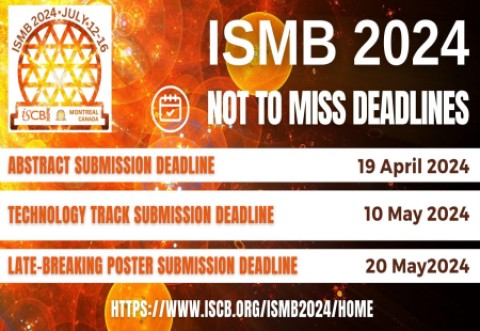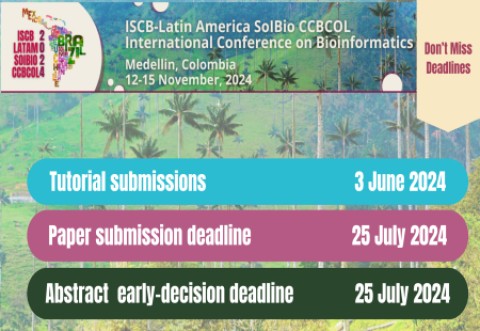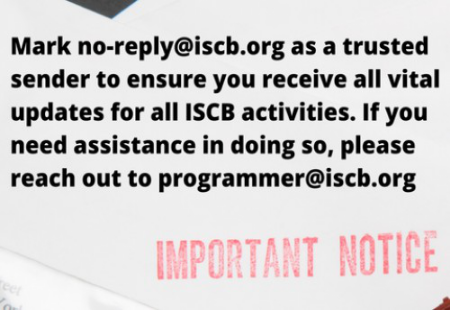
FASEB News - October 4, 2010
Contact: Cody Mooneyhan
This email address is being protected from spambots. You need JavaScript enabled to view it.
301-634-7104
Federation of American Societies for Experimental Biology
Scientists Define Molecular On-off Switches for Cancer and Autoimmunity
New hypothesis in the FASEB Journal suggests balance between NF-kB and p53 signaling is a promising target for new drugs
A new report published in the October 2010 print issue of The FASEB Journal (www.fasebj.org) offers a ray of hope in the search for new cancer drugs. By examining the seemingly conflicting roles of how oncogenes and tumor suppressor genes handle cellular stress, scientists from the Institute for Advanced Studies in New Jersey argue that each of these opposing systems could be potent drug targets in the effort to stop cancer. In addition, their hypothesis provides new insights into what contributes to immunological disorders such as chronic inflammation and autoimmune diseases.
"We hope the ideas put forward in this article will stimulate additional experiments to test these novel concepts," said Arnold Levine, Ph.D., co-author of the study from the Institute for Advanced Study in Princeton, New Jersey. "Among those experiments are the synthesis of new drugs to inhibit pathways that could change the course of a disease."
After a review of existing experimental literature, Levine and colleagues concluded that a new class of drugs could be developed to address the conflicting nature of oncogenes and tumor suppressor genes. Specifically, the research paper published in The FASEB Journal examines the roles of the p53 tumor suppressor and the oncogene, NF-kappaB. The p53 suppressor limits the consequences of stress by initiating cell death and promoting metabolic patterns in the cell. The oncogene NF-kappaB on the other hand, promotes cell division resulting in the synthesis of substrates for cell division. These two cellular responses, both of which have evolved to handle different types of stress, have adopted opposite strategies and cannot function in the same cell at the same time. As a result, Levine and colleagues speculate that drugs could be developed to take advantage of the fact that if one factor is activated, the other is rendered inactive. This could be achieved at several places in both the p53 and NF-kappaB pathways where regulatory proteins act on both with opposite functional consequences.
"Our cells use the p53 and NF-kappaB pathways to respond to cellular stress: one controls cancer, the other immunity. If they get out of balance, we're in trouble.," said Gerald Weissmann, M.D., Editor-in-Chief of The FASEB Journal. "Thanks to this work we can start restore the balance by means of new drugs."
###
Receive monthly highlights from The FASEB Journal by e-mail. Sign up at www.faseb.org/fjupdate.aspx. The FASEB Journal (http://www.fasebj.org) is published by the Federation of the American Societies for Experimental Biology (FASEB). The journal has been recognized by the Special Libraries Association as one of the top 100 most influential biomedical journals of the past century and is the most cited biology journal worldwide according to the Institute for Scientific Information.
FASEB comprises 23 societies with more than 100,000 members, making it the largest coalition of biomedical research associations in the United States. FASEB enhances the ability of scientists and engineers to improve—through their research—the health, well-being and productivity of all people. FASEB's mission is to advance health and welfare by promoting progress and education in biological and biomedical sciences through service to our member societies and collaborative advocacy.
Details: Prashanth Ak and Arnold J. Levine. p53 and NF-kappaB: different strategies for responding to stress lead to a functional antagonism FASEB J. 2010 24: 3643-3652. DOI: 10.1096/fj.10-160549 ; www.fasebj.org/cgi/content/abstract/24/10/3643






























